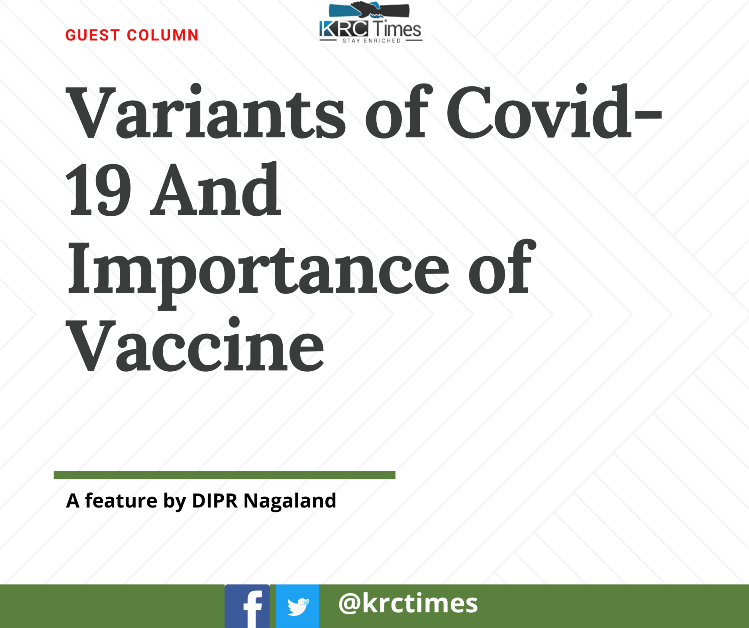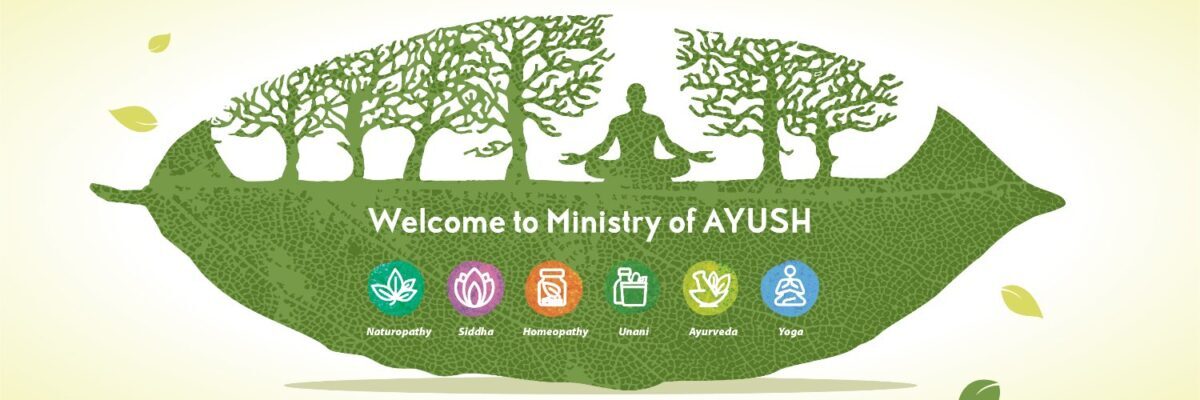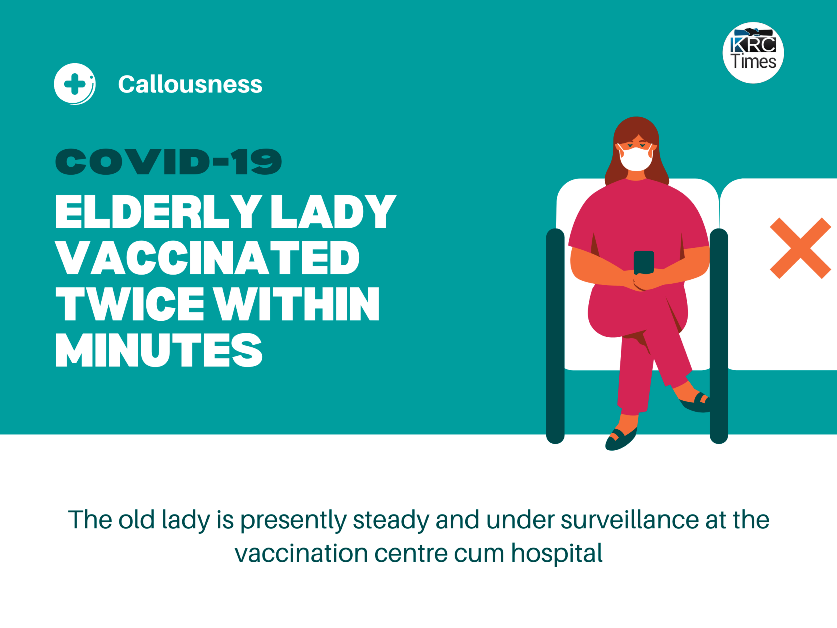All viruses, including the virus that causes COVID-19, change over time

Why is COVID-19 still around?
- The virus that causes COVID-19 continues to mutate, and so new variants emerge.
- A major worry right now is Delta, a highly contagious virus strain, which was first identified in India in December.
- It has been called a variant of concern by the World Health Organization (WHO) because of its high transmissibility.
- In Nagaland, 99% of the result of samples sent for Genome sequencing are found to be of the Delta Variant of concern (Source: IDSP, DoHFW)
- In Nagaland, 78% of positive cases in the second wave are among the unvaccinated and 14 % of positive cases had received a single dose. (Source: Weekly Bulletin, IDSP, DoHFW)
Are there more variants to COVID-19?
All viruses, including the virus that causes COVID-19, change over time. Some of these changes may affect the virus’s properties, such as how easily it spreads, the associated disease severity, or the performance of vaccines, therapeutic medicines, diagnostic tools, or other public health and social measures. World Health Organisation (WHO) has classified each emerging variant as either a Variant of Concern (VOC) or a Variant of Interest (VOI). The Alpha, Beta, Gamma, and Delta variants fall under Variants of Concern. While, the Eta, Iota, Kappa, and Lambda fall under Variants of Interest.
What is a Variant of Concern? (Source: WHO)
For Variant of Concern, clear evidence is available indicating a significant impact and rise on transmissibility, an increase in fatality, and a significant decrease in effectiveness of vaccines, therapy, and other measures.
Possible attributes of a variant of concern:
- Evidence of impact on diagnostics, treatments, or vaccines
-Possibility of interference with test results.
-Evidence of substantially decreased effectiveness to treatments.
-Possibility of getting reinfected.
-Evidence of reduced vaccine-induced protection from severe disease.
- Evidence of increased transmission.
- Evidence of increased disease severity and mortality.
What is a Variant of Interest?
For these variants, evidence is available that could imply a significant impact on transmissibility, severity, and/or immunity, realistically having an impact on the epidemiological situation. However, the evidence is still preliminary or is associated with major uncertainty.
Evidence from multiple countries with the extensive transmission of VOCs has indicated that public health and social measures (PHSM), including infection prevention and control (IPC) measures, have been effective in reducing COVID-19 cases, hospitalizations and deaths.
Is the Delta variant more contagious?
Yes. The Delta variant is highly contagious, about twice as contagious as previous variants.
However, the same precautions, such as avoiding crowded spaces, keeping your distance from others, and mask-wearing, still work against the Delta variant.
Are the COVID-19 vaccines effective against the Delta variant?
Yes. The WHO-approved COVID-19 vaccines continue to be highly effective at preventing severe illness and death, including against the Delta variant. When it’s your turn make sure to get vaccinated. If your vaccination involves two doses, it’s important to receive both in order to have maximum protection. The vaccines protect most people from getting sick, but no vaccine is 100 percent effective.
Will I be fully safe from COVID-19 after vaccination?
Not everybody who receives vaccines has 100 percent protection. You might still get COVID after being vaccinated. This is called a breakthrough infection. This doesn’t mean that the vaccines aren’t working or that, something wrong with the vaccines. But the vaccine will give you a really good chance of not developing the disease.
The degree of severity of disease among people who have a breakthrough infection is less severe than the severity of disease among people who aren’t vaccinated. If you have been fully vaccinated but are showing symptoms of COVID-19, you should contact your doctor about whether you should get tested.
What to expect after vaccination? What is the expected immediate and delayed side effects of this vaccine?
Covishield®: Some mild symptoms may occur like injection site tenderness, injection site pain, headache, fatigue, myalgia, malaise, pyrexia, chills and arthralgia, nausea. Very rare events of demyelinating disorders have been reported following vaccination with this vaccine but without the causal relationship establishment.
Sputnik V: Short term general: Chills, fever, arthralgia, myalgia, asthenia, general discomfort, headache
➢ Local: injection site tenderness, hyperaemia, swelling
➢ Less common: nausea, dyspepsia, loss of appetite,
➢ Occasionally: enlarged regional lymph nodes
Is the vaccine safe? How was the vaccine developed in such a short time?
Developing a vaccine generally involves years of research. First, we need a vaccine candidate that is evaluated in animals for its safety and efficacy. After a vaccine candidate passes a pre-clinical trial, it enters the clinical trial phase. While scientists have worked round the clock in the laboratory, even regulatory approvals which used to take several months have been fast-tracked. It helped eliminate all the time lapses between the preclinical and clinical trial stages. Earlier, the vaccine development involved a series of steps, but in the case of the coronavirus vaccine, the scientists and regulators worked in tandem, accelerating the whole process without compromises on any protocols and any step.
How long I will remain protected after vaccination?
The longevity of the immune response in vaccinated individuals is yet to be determined. Hence, continuing the use of masks, hand washing, physical distancing, and other COVID-19 appropriate behaviours is strongly recommended.
Vaccination is the best protection against COVID-19. The main aim of vaccination is to break the chain between positivity and hospitalization or death. Vaccinated people still must wear a mask, follow hand hygiene and avoid crowded places.
*Avail all recommended doses of CVOID-19 Vaccine to get the Optimum level of Protection.
Always follow the precautionary measures of Wear a Mask, Washing Hands Frequently, Maintaining Social Distance, and do not go out of the house unnecessarily.
Advertisements | KRC Foundation






